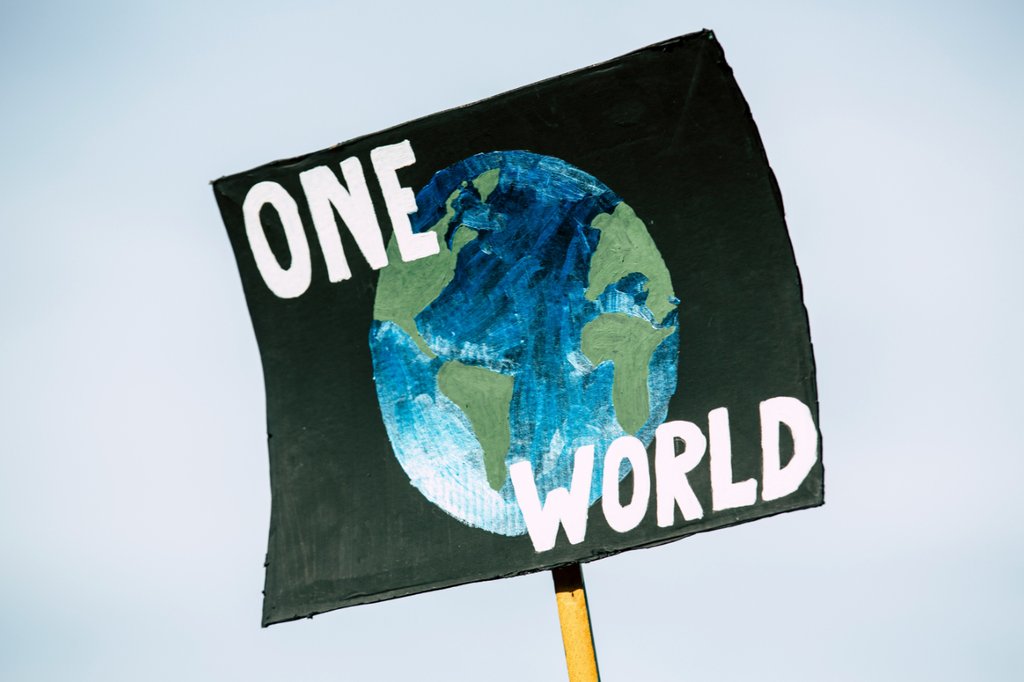Cooperation between different actors as a way to protect the climate: Climate alliances play an important role. For the Umweltbundesamt, the Federal Environment Agency of Germany, a research project with the participation of INFRAS is investigating how such cooperations can be effectively designed.

In climate mitigation, state and non-state actors (e.g. NGOs, science networks or business associations) are increasingly joining forces. There are now some examples, such as the Climate and Clean Coalition, the Friends of Fossil Fuel Subsidy Reform or the San José Principles Coalition. However, the broad field of climate alliances is poorly structured and scientifically researched.
The German Federal Environment Agency (UBA) wants to counter this: a project led by Adelphi and with cooperation from INFRAS and the Hertie School Berlin is recording and evaluating the landscape of international climate alliances.
Different focal points of the project
The aim of the project is to create an evaluation framework that supports decision-makers in better designing effective climate cooperation in the future. A special focus is on CO2 pricing instruments, including border adjustment systems, on the international harmonisation of MRV systems (monitoring, reporting and verification) and on Article 6 of the Paris Climate Agreement, which defines intergovernmental cooperation mechanisms and thus forms a legal basis for market-based climate protection.
Research results serve political processes
INFRAS is leading the study of the role of climate alliances in the creation of international MRV systems and the connection with Article 6 of the Paris Climate Agreement. In addition, INFRAS will play a major role in the development of the evaluation framework for the analysis of climate alliances.
The results of the study are intended to directly support the political processes of the German Ministry of Economic Affairs and Climate Change. The end of the research project is scheduled for 2027.
Partners
Further INFRAS projects on the topic:




